In the rapidly evolving world of blockchain technology, Decentralized Autonomous Organizations (DAOs) have emerged as a groundbreaking concept. Designed to operate without centralized authority, DAOs leverage blockchain and smart contracts to facilitate decentralized decision-making, governance, and collaboration. But what exactly are DAOs, and why are they considered transformative in the blockchain ecosystem?
Want to deepen your understanding of blockchain trends like DAOs and refine your trading skills? Join EPIQ Trading Floor today! Use code “BLOG” at checkout for 10% off your membership. Start your risk-free 3-day trial and explore tools like trade signals, Member’s only livestreams, and one-on-one coaching. Cancel anytime within 72 hours without being charged.
What Is a DAO?
A Decentralized Autonomous Organization (DAO) is a blockchain-based entity governed by smart contracts and managed collectively by its members. Unlike traditional organizations with a hierarchical structure, DAOs rely on decentralized decision-making, ensuring that no single entity has complete control.
Key features of a DAO include:
- Transparency: All transactions and decisions are recorded on a blockchain, ensuring accountability.
- Automation: Smart contracts automate organizational processes, such as voting and fund allocation.
- Community Governance: Members propose and vote on initiatives, with decisions made based on consensus.
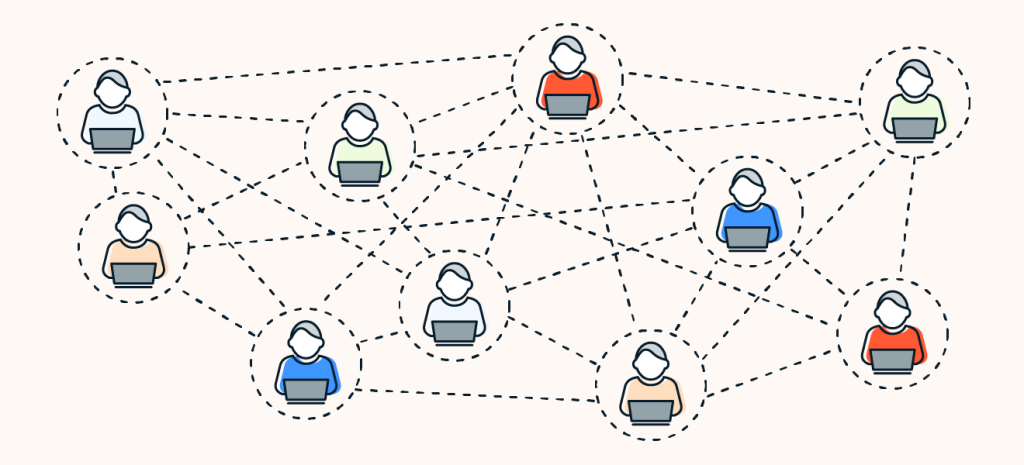
How Do DAOs Work?
DAOs operate using smart contracts, which are self-executing agreements coded on a blockchain. These smart contracts define the rules and decision-making processes of the DAO. Here’s a step-by-step overview:
- Formation: A DAO is created with a set of rules encoded in smart contracts and is funded through token issuance. Members purchase these tokens to gain voting rights.
- Proposals: Any member can submit proposals for changes, projects, or fund allocations.
- Voting: Token holders vote on proposals, with each vote weighted by the number of tokens held.
- Execution: If a proposal gains sufficient support, the smart contract executes the decision automatically.
Examples of DAOs in Action
1. MakerDAO
MakerDAO governs the DAI stablecoin, enabling decentralized lending and borrowing. Members vote on key decisions, such as collateral types and interest rates.
2. Uniswap DAO
The Uniswap DAO governs the Uniswap decentralized exchange, where token holders influence protocol upgrades and treasury management.
3. The DAO (2016)
One of the earliest DAOs, The DAO, was an ambitious project aimed at funding decentralized ventures. Although it faced challenges due to a hacking incident, it set the stage for modern DAOs.
Benefits of DAOs
Decentralization and Transparency
DAOs remove the need for centralized intermediaries, reducing bias and ensuring all actions are visible on a public ledger.
Global Participation
Anyone with internet access can participate in a DAO, fostering inclusivity and diverse perspectives.
Efficiency
Smart contracts automate repetitive tasks, reducing administrative overhead and accelerating decision-making.
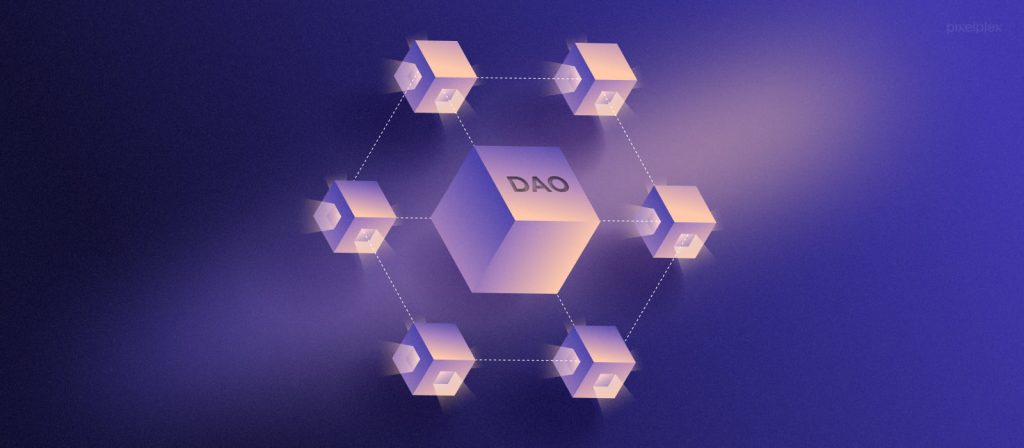
Challenges and Risks of DAOs
Security Vulnerabilities
Smart contracts are only as secure as their code. Vulnerabilities, as seen in The DAO hack, can lead to significant losses.
Decision-Making Gridlock
Reaching consensus in large DAOs can be challenging, especially when members have conflicting interests.
Legal and Regulatory Uncertainty
The decentralized nature of DAOs raises questions about their legal status and regulatory compliance in different jurisdictions.
Are DAOs the Future of Organizations?
DAOs represent a paradigm shift in how organizations can operate, emphasizing transparency, inclusivity, and automation. They are particularly suited for decentralized finance (DeFi), community-driven projects, and collaborative ecosystems.
However, the success of DAOs hinges on addressing existing challenges, such as security and governance inefficiencies. As blockchain technology matures, DAOs are likely to play an increasingly significant role in reshaping traditional organizational models.
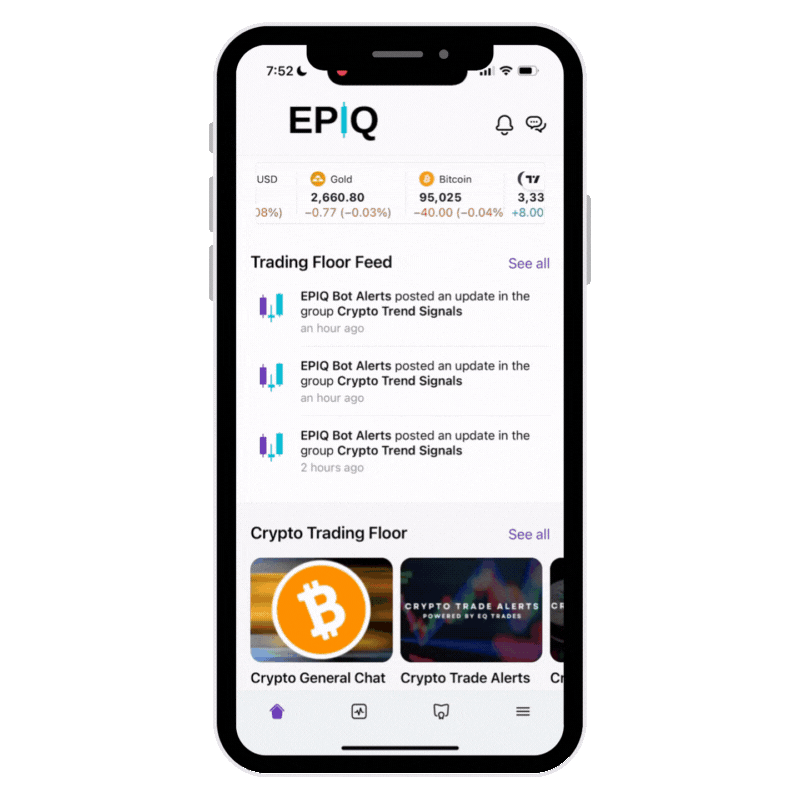
Enhance Your Knowledge with EPIQ Trading Floor
Understanding innovations like DAOs is essential for navigating the blockchain and crypto space effectively. At EPIQ Trading Floor, we provide:
- Real-Time Trade Signals: Stay ahead of market trends with actionable insights.
- Member’s Only Livestreams: Learn from seasoned traders in live sessions.
- Personalized Coaching: Receive one-on-one guidance to refine your strategies.
- Exclusive Mobile App Access: Manage your trades and strategies conveniently.
Start your risk-free 3-day trial today and use code “BLOG” at checkout for 10% off. Cancel anytime within the trial period without being charged.
Conclusion
DAOs are redefining how organizations can operate, leveraging blockchain technology to create transparent, inclusive, and efficient ecosystems. While challenges remain, their potential to disrupt traditional governance models is undeniable.
Ready to take your understanding of blockchain innovations to the next level? Join EPIQ Trading Floor today and gain access to tools, resources, and insights to thrive in the evolving crypto landscape.
Disclaimer: The content provided in this article is for informational purposes only and does not constitute financial advice. Cryptocurrency investments involve risks, and you should consult with a financial advisor before making any investment decisions.


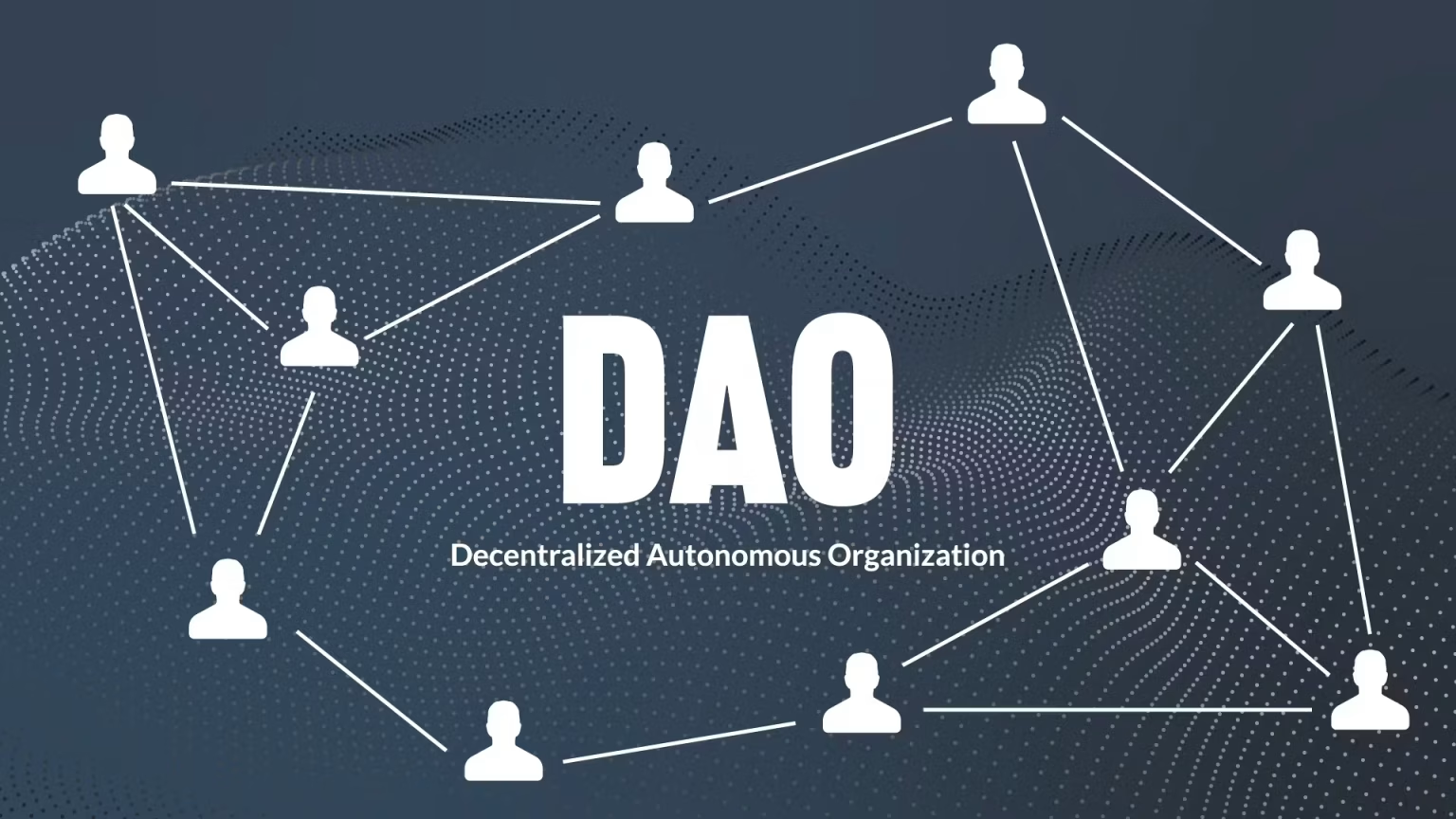
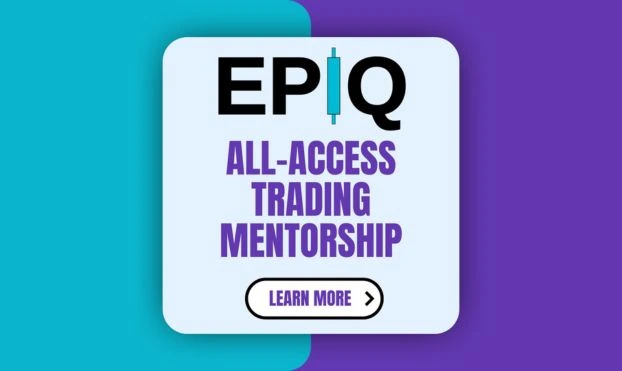
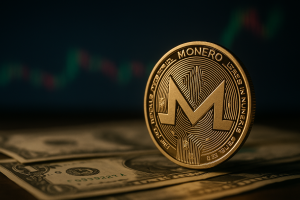

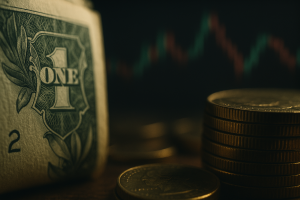
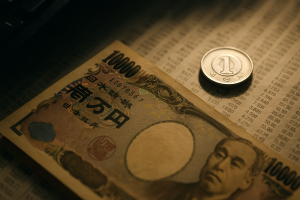


Responses